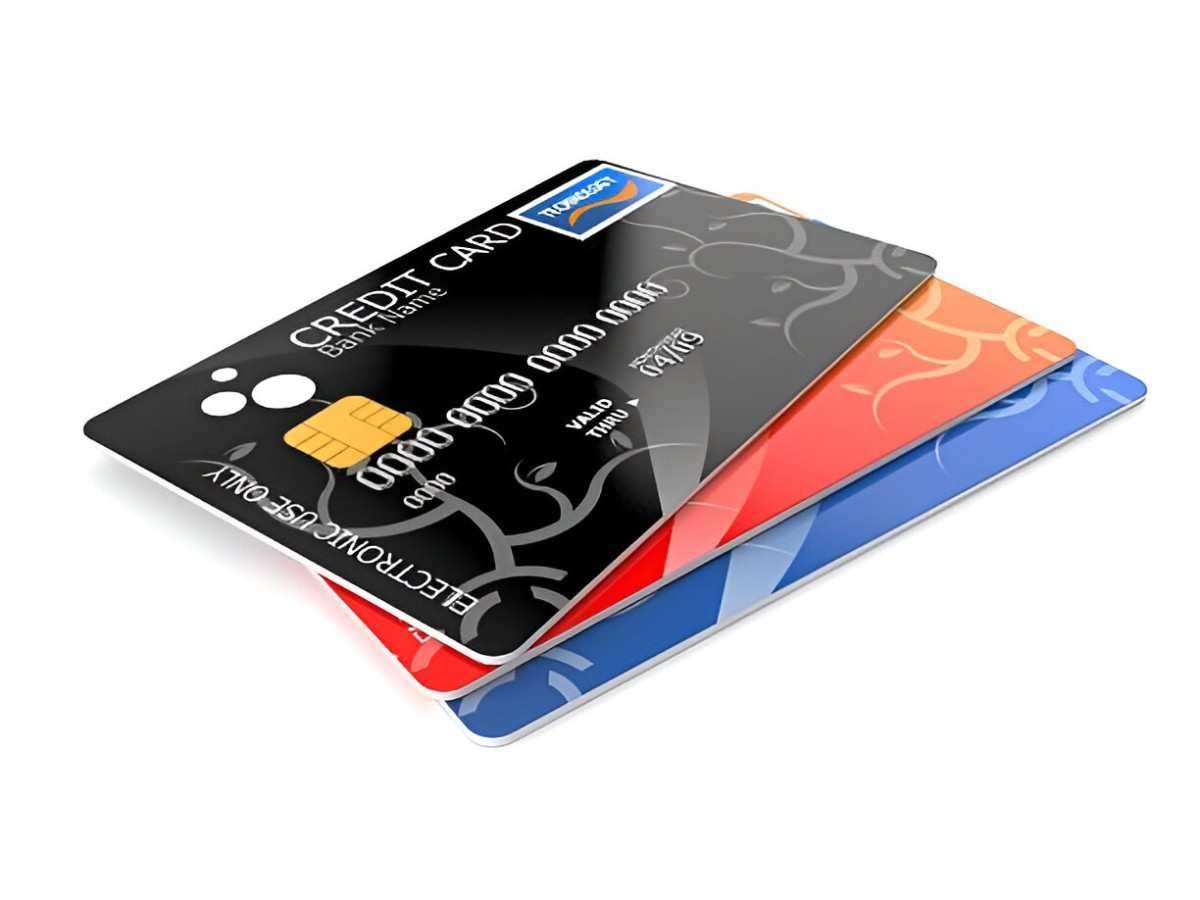Allegent credit cards offer financial flexibility to individuals, including those recovering from financial setbacks such as bankruptcy. Understanding the features, benefits, and potential drawbacks of these credit cards helps in making informed financial decisions. In this guide, I will explore the various aspects of Allegent credit cards, compare them with alternatives, and provide real-life examples to illustrate their value.
Table of Contents
What Are Allegent Credit Cards?
Allegent credit cards are financial tools that provide users with access to credit for everyday expenses and larger purchases. They cater to individuals with varying credit histories, including those with past financial difficulties. These cards often feature lower credit limits, competitive interest rates, and tailored rewards programs.
Key Features of Allegent Credit Cards
- Credit Building Opportunities: These cards help individuals rebuild their credit scores through responsible use and timely payments.
- Reasonable Interest Rates: Compared to high-risk credit cards, Allegent cards offer competitive APRs.
- Flexible Payment Options: Users can choose different payment plans based on their financial capacity.
- Security Features: Fraud protection, account alerts, and EMV chip technology ensure secure transactions.
Allegent Credit Cards vs. Other Credit Card Options
It is important to compare Allegent credit cards with other alternatives available in the market to determine which option fits individual needs best.
| Feature | Allegent Credit Cards | Secured Credit Cards | Traditional Credit Cards |
|---|---|---|---|
| Credit Requirement | Fair to Poor | Poor | Good to Excellent |
| Deposit Required | No | Yes | No |
| Credit Limit | Moderate | Based on Deposit | High |
| Interest Rates | Competitive | Lower | Varies |
| Credit Building | Yes | Yes | Yes |
Who Should Consider Allegent Credit Cards?
Allegent credit cards suit different types of consumers. Individuals emerging from bankruptcy, those with limited credit history, and individuals looking for budget-friendly credit options may find these cards useful. The following situations illustrate when Allegent credit cards may be the right choice:
- Recovering from Bankruptcy: If you have recently filed for bankruptcy, getting approved for a traditional credit card can be difficult. Allegent offers an opportunity to rebuild credit without needing a secured deposit.
- Improving Credit Scores: Those with fair credit looking to improve their credit standing can benefit from responsible use and timely payments.
- Everyday Expenses: If you need a credit card for regular purchases without overspending, Allegent credit cards offer manageable credit limits.
How Allegent Credit Cards Help After Bankruptcy
Bankruptcy significantly impacts credit scores and financial credibility. Rebuilding credit takes time, and Allegent credit cards provide a practical tool for recovery. Here’s how these cards can help:
- Lower Barriers to Approval: Many financial institutions hesitate to approve individuals with a bankruptcy record, but Allegent focuses on giving second chances.
- Positive Credit Reporting: Allegent reports to major credit bureaus, helping to improve credit scores with consistent payments.
- Controlled Spending Limits: Lower credit limits prevent excessive debt accumulation and encourage disciplined spending habits.
Example: Using Allegent Credit Cards Post-Bankruptcy
Suppose you recently went through Chapter 7 bankruptcy and your credit score dropped to 500. By obtaining an Allegent credit card with a $500 limit and using it responsibly, you can gradually rebuild your credit. If you spend $100 per month and pay the full balance, your credit utilization remains low, positively impacting your score.
| Month | Beginning Balance | New Charges | Payment Made | Ending Balance | Credit Utilization |
|---|---|---|---|---|---|
| 1 | $0 | $100 | $100 | $0 | 20% |
| 2 | $0 | $80 | $80 | $0 | 16% |
| 3 | $0 | $120 | $120 | $0 | 24% |
Interest Rates and Fees
Allegent credit cards come with competitive interest rates, though rates may vary based on creditworthiness. Common fees associated with these cards include:
- Annual Fee: Some cards may charge an annual fee, typically between $25 and $50.
- Late Payment Fee: Failure to make payments on time can result in fees ranging from $25 to $40.
- Cash Advance Fee: A fee may apply for cash withdrawals, often around 3% to 5% of the transaction amount.
Example: Interest Calculation
Assuming an APR of 18% and a balance of $500 carried for one month without payment, the interest calculation would be:
\text{Interest} = \text{Balance} \times \frac{\text{APR}}{12} = 500 \times \frac{18}{100} \div 12 = 7.50If only the minimum payment is made, the remaining balance accrues further interest.
Tips for Managing Allegent Credit Cards Effectively
- Pay Bills on Time: Timely payments prevent late fees and improve credit scores.
- Keep Credit Utilization Low: Using less than 30% of the available limit positively impacts your credit profile.
- Monitor Statements: Regularly review your statements to detect any fraudulent activities.
- Avoid Unnecessary Purchases: Use the card for essential expenses to avoid accumulating debt.
Alternatives to Allegent Credit Cards
If Allegent credit cards are not the right fit, consider these alternatives:
- Secured Credit Cards: Require a refundable security deposit and offer a straightforward path to credit rebuilding.
- Retail Store Cards: Easier approval processes and rewards tailored for specific stores.
- Credit Builder Loans: Designed for individuals looking to improve their credit through fixed installment payments.
Conclusion
Allegent credit cards provide a practical option for individuals looking to rebuild credit, especially after bankruptcy. Their accessible approval criteria, competitive interest rates, and useful credit-building features make them a solid choice. By using these cards responsibly, individuals can work toward improving their financial health and gaining access to better credit opportunities in the future.





